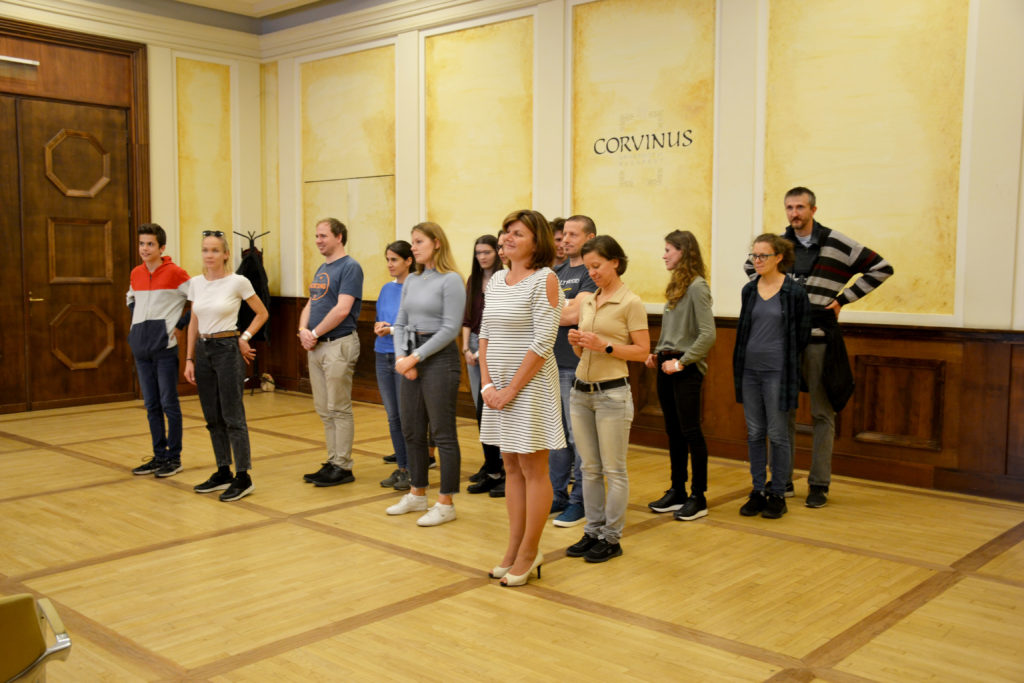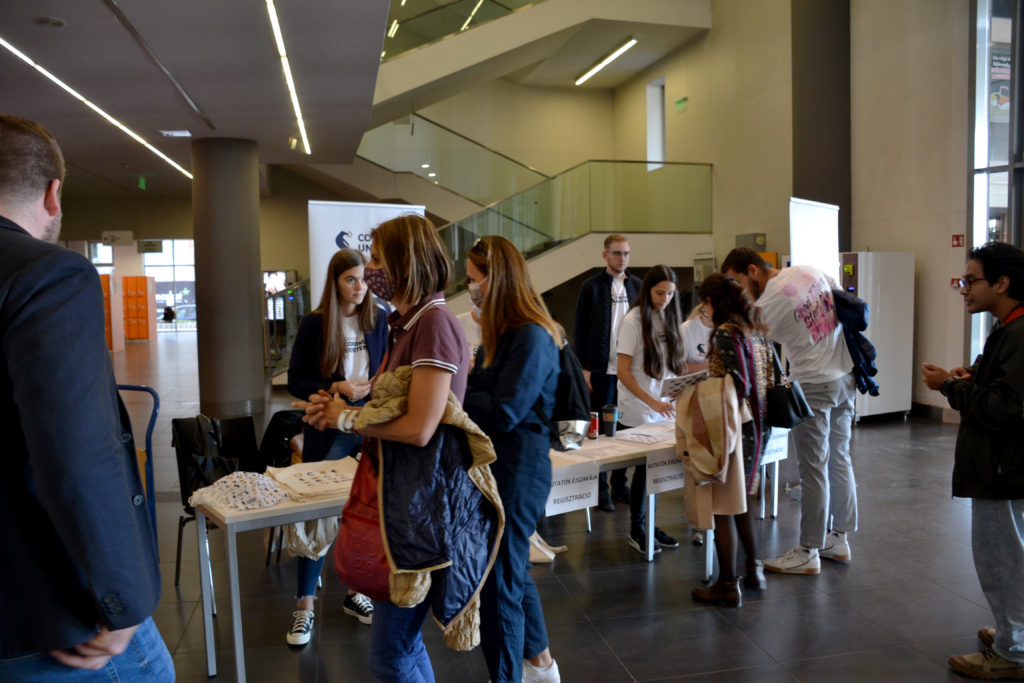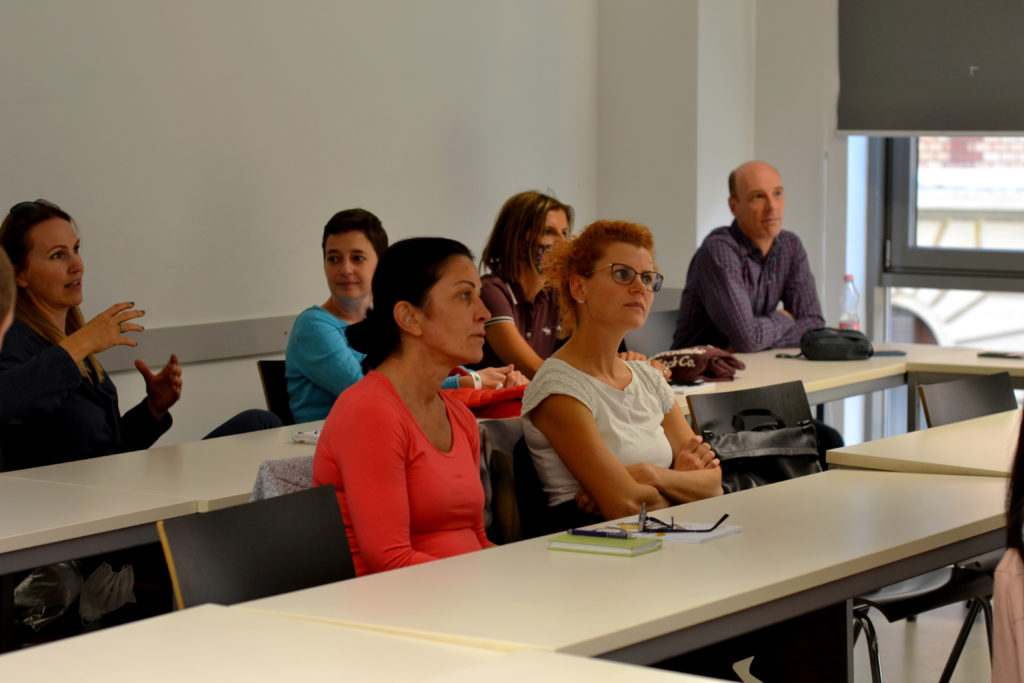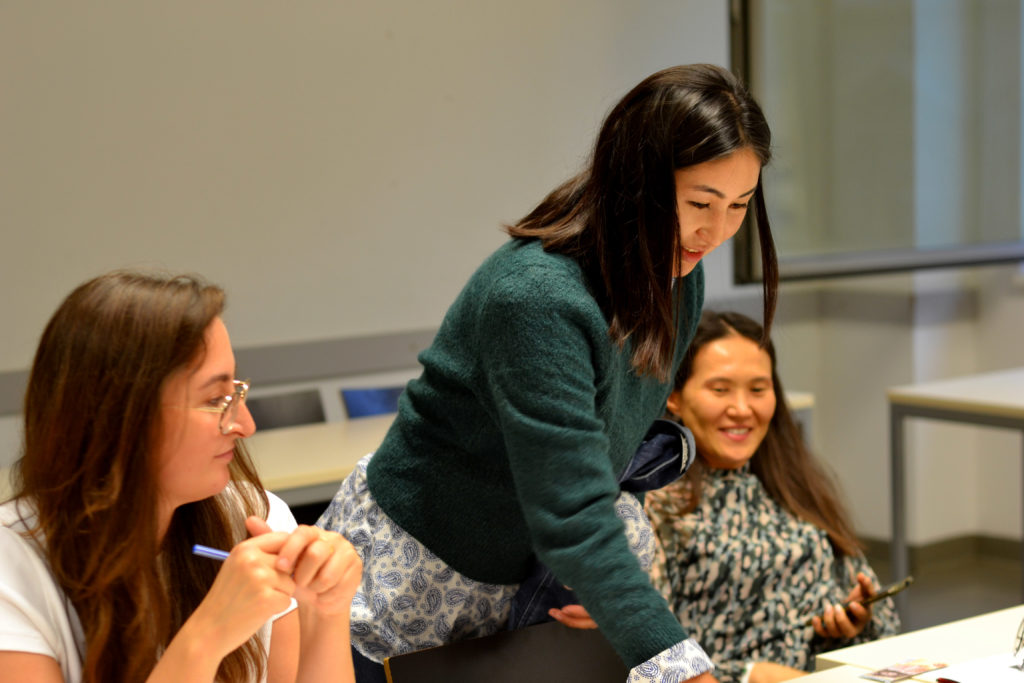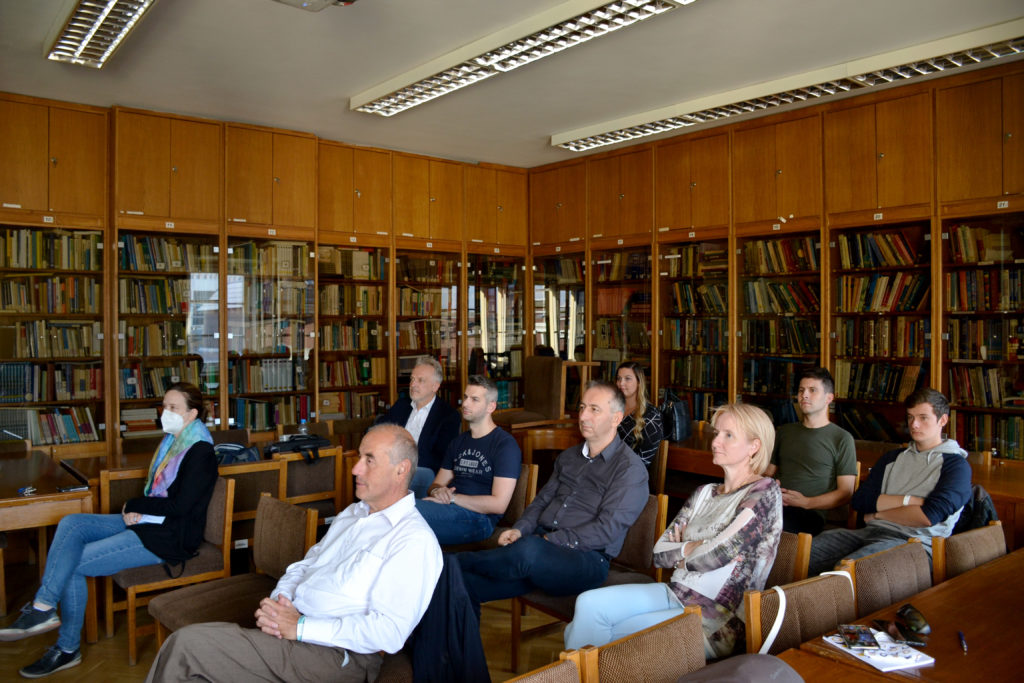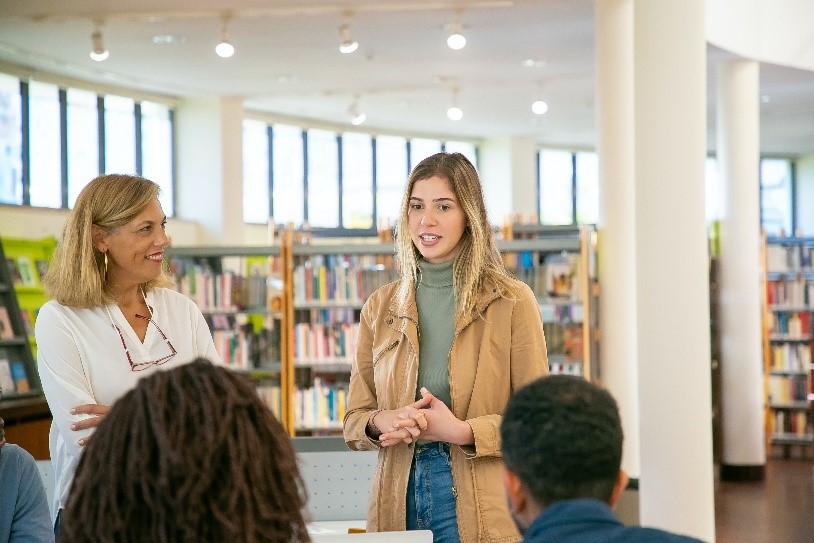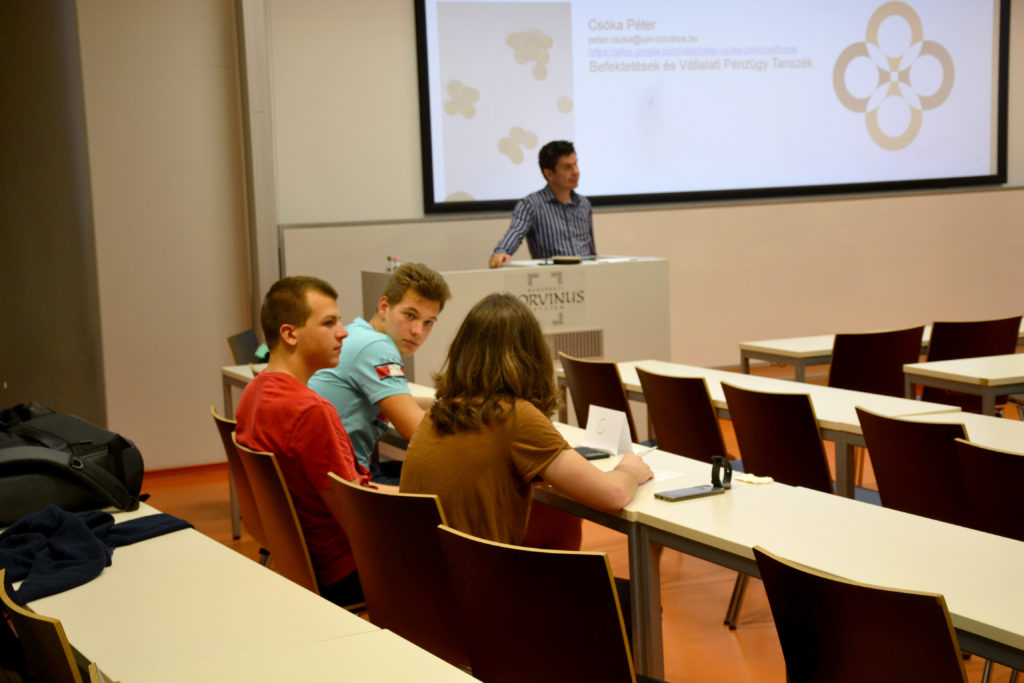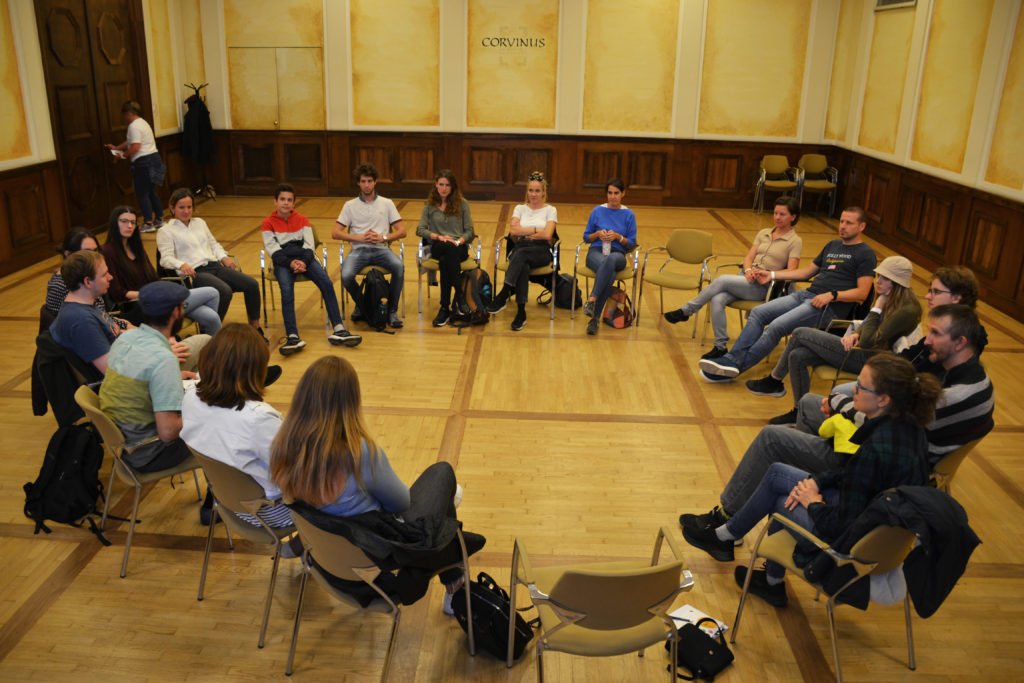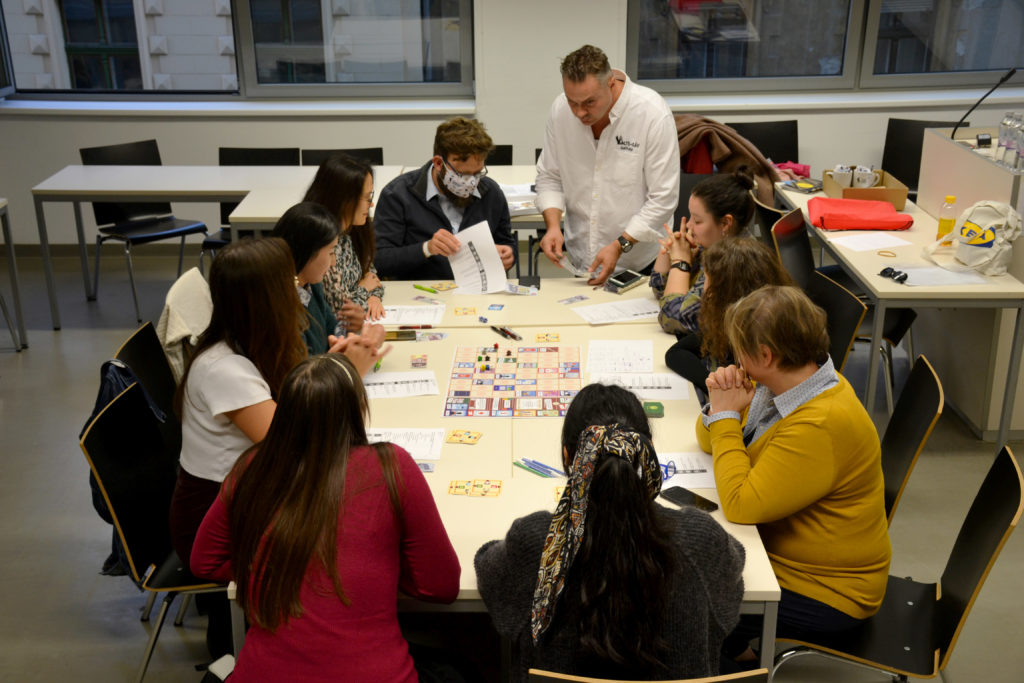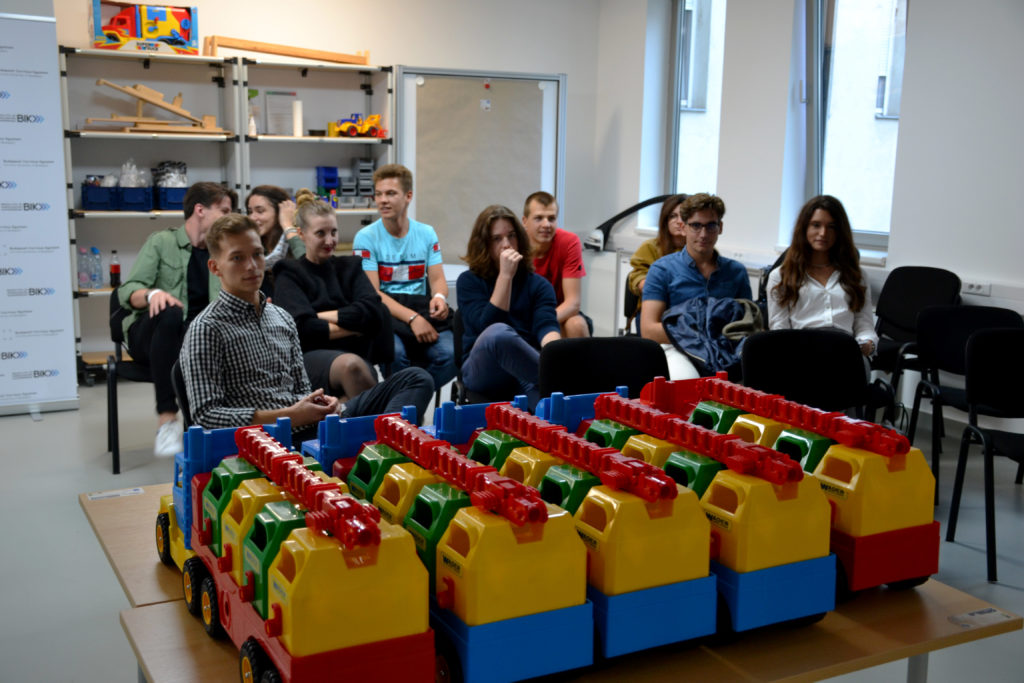Back to news01/10/2021
Researchers’ Night at Corvinus attracts more than 200 visitors
The event at Corvinus University attracted more than 200 visitors with an opportunity to broaden their scientific horizon and to explain, among others.
The event at Corvinus University attracted more than 200 visitors with an opportunity to broaden their scientific horizon and to explain, among others.
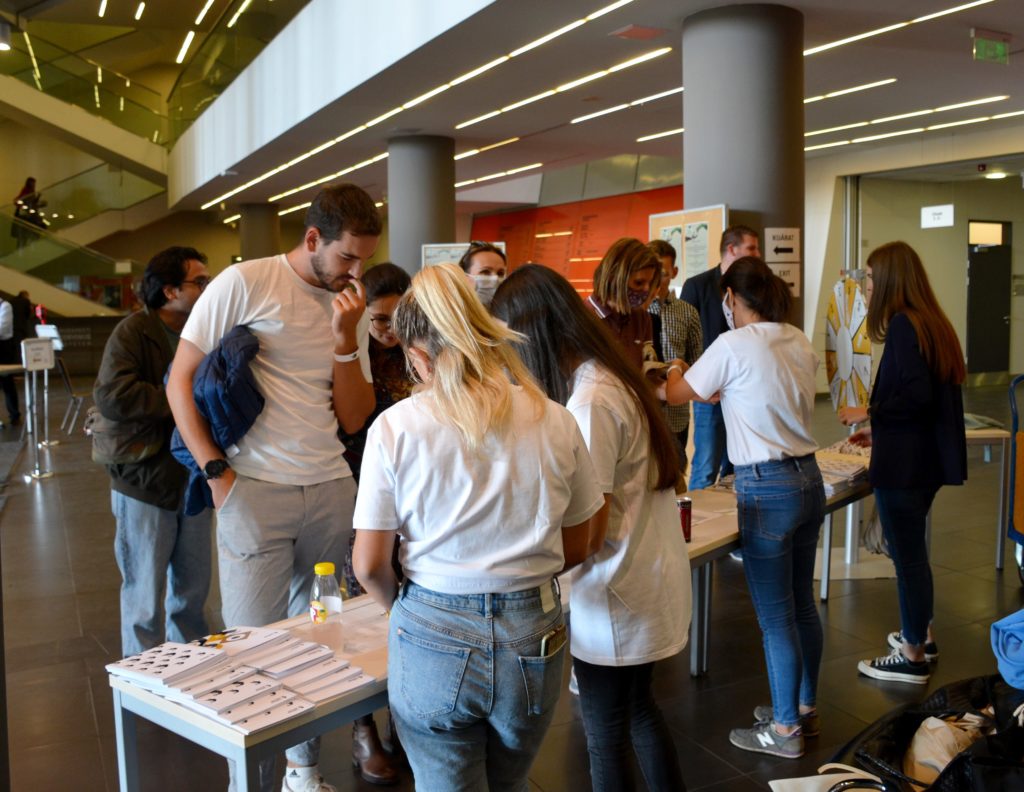
- the birth of the forint in a country on the brink of collapse;
- gig economy and its connection with food delivery services;
- the reason for hyperinflation in Venezuela, a country with the largest oil reserves in the world;
- whether having green festivals is a dream or reality;
- the difference in COVID mortality rates across countries; and
- what makes an advert effective.
During the breaks the visitors were offered programmes such as a debate theatre and various games.
- What is it like to be free for the first month after a prison sentence? A game preparing for life after prison was a roleplay challenge from the perspective of an inmate.
- Competitive or patient? Participants playing this game could test their individual economics preferences.
- An interactive finance game explored the issue of circular debt with Professor Péter Csóka, researcher of finance and game theory. At the same time, the participants had an opportunity to find out about the presenter’s latest research results.
- Similar to other universities, Corvinus organised the Researchers’ Night in a hybrid format, with some of the presentations accessible online.
- Balázs Forman spoke about Afghanistan and the future of electric cars.
- Mátyás Hartyándi from the Institute of Management offered a micro-training on the principles of effective experiential learning researched at Corvinus University with a focus on simulation-based learning.
- What is the best voting method to ensure that the results reflect voter preferences to a maximum extent? A presentation by Balázs Sziklai How (not) to vote – The science of community voting addressed the various voting methods with pros and cons and the related paradoxes.
- Which companies received government aid in Hungary during the COVID-19 pandemic and what does it tell about the Hungarian economy? Gergő Medve-Bálint addressed the various aspects of the issue in a presentation titled State aid in Hungary during the COVID-19 pandemic.
The Research Management Office wishes to thank the presenters for their contribution giving an insight into the results and findings of the researches conducted at Corvinus University. We are grateful for the Corvinus Educational Technology, Events Office and Communications units for assisting with the preparations. We also want to say a big thank you to the members and volunteers of Corporate Relations and the Student Union for making the event successful.
